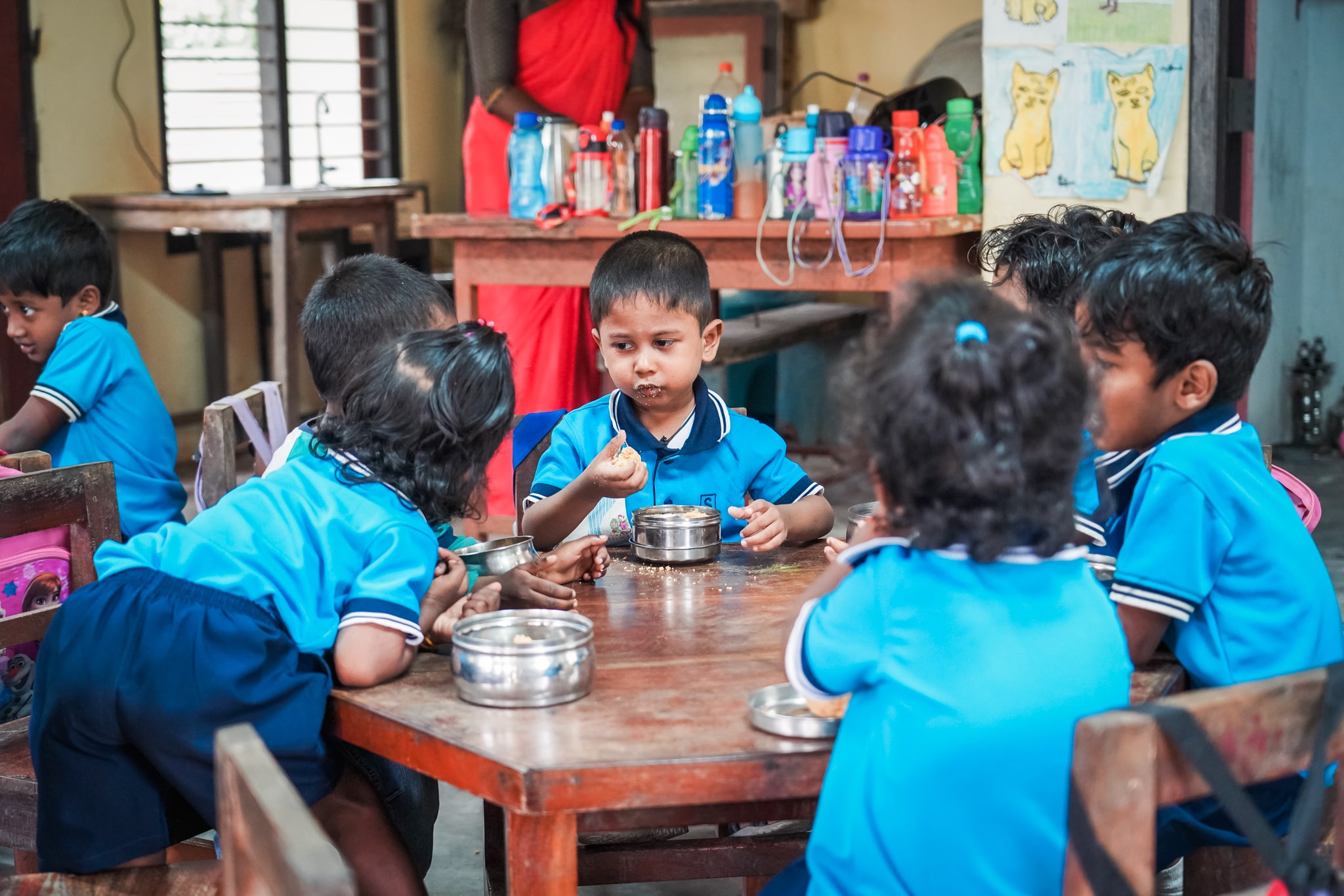Understanding proper nutrition for preschool children is key to ensuring they grow healthy and strong. For children in their early years, nutrition isn’t just about filling stomachs, but also about nurturing minds and bodies. These formative years set the stage for a lifetime of learning and development. Unfortunately, many preschools, especially in regions with limited resources, struggle with ongoing nutrition challenges that can impact a child’s ability to learn and thrive.
Addressing these issues becomes crucial for parents, educators, and communities as they work together to provide the best possible support for young learners. In Sri Lanka, ensuring that preschoolers receive balanced nutrition can be challenging due to various factors including economic constraints and lack of awareness. By understanding these challenges and working collaboratively, sustainable solutions can be developed that benefit every child.
Common Nutrition Problems in Sri Lankan Preschools
Preschools in Sri Lanka often face several nutrition-related issues. One major concern is the lack of protein and essential vitamins. This can arise from diets that rely heavily on rice, with insufficient inclusion of protein-rich foods such as meat, fish, or legumes. When children don’t get enough protein, it can slow their growth and affect muscle development.
Furthermore, many preschool children face deficiencies in critical vitamins like Vitamin A, iron, and iodine. These deficiencies can slow cognitive development and lower immunity, making children more susceptible to illness. The typical dietary habits in some communities include traditional meals that might not offer a balanced mix of nutrients needed by young learners.
Here’s a look at common nutrition problems:
- Lack of Protein: Typically from sources like meat, eggs, and lentils.
- Vitamin Deficiencies: Especially Vitamin A, iron, and iodine, critical for development.
- Overreliance on Rice: Leading to unvaried diets lacking essential nutrients.
These nutritional gaps are influenced not only by diet, but also by socio-economic conditions shaping food choices. According to UNICEF’s nutrition overview for Sri Lanka, malnutrition and micronutrient deficiencies remain significant concerns affecting children’s health nationwide.
Tackling these problems requires a community-wide approach, where everyone—from parents to policymakers—plays a role in providing nutritious food options for children. The World Food Programme’s Sri Lanka nutrition programs highlight successful interventions improving child nutrition in schools and communities.
Recognizing Signs of Poor Nutrition
To ensure children get the nutrition they need, it’s vital for parents and educators to recognize signs that a child’s diet may be insufficient. Common indicators include:
- Changes in Weight: Rapid gain or loss can signal dietary imbalance.
- Frequent Fatigue: Persistent tiredness may indicate anemia or nutrient deficiencies.
- Cognitive Difficulties: Trouble concentrating often links to poor nutrition.
- Pale Skin and Weak Nails: Signs of iron or vitamin deficiencies.
Monitoring these signs allows timely interventions. Parents can track their child’s food intake and consult health professionals, such as those guided by the Sri Lanka Nutrition and Health Education Program, for advice on balanced diets.
Solutions and Preventive Measures
Addressing nutrition problems requires proactive efforts to ensure balanced diets for young learners. Parents can take several steps:
- Diversify Meals: Include grains, proteins, fruits, and vegetables regularly.
- Regular Meals and Snacks: Maintain consistent eating schedules with healthy snacks.
- Educational Workshops: Attend community sessions on affordable nutrition.
- Garden Projects: Engage children in growing fresh produce to learn about healthy foods.
In addition to family efforts, many preschools and NGOs implement meal programs and nutrition education. For example, Nutrition International’s programs in Sri Lanka work to reduce micronutrient deficiencies through school and community initiatives.
Collaborating for Better Nutrition
Collaboration among parents, schools, and local organizations can create sustainable improvements in preschool nutrition. School meal programs backed by community involvement encourage healthy eating habits early on. Partnerships with agricultural projects also increase access to fresh, nutritious foods.
The Sri Lanka Ministry of Health’s School Health Program exemplifies government efforts coordinating with local and international agencies to enhance child nutrition and health outcomes.
Empowering Healthy Futures for Preschoolers
Addressing nutrition challenges during early childhood lays the groundwork for healthier futures. Nutrition-focused preschool education nurtures not only physical growth, but also cognitive development, supporting lifelong learning. Community-driven efforts and resource sharing build networks that uplift both children and their families.
By championing these partnerships, Sri Lanka can foster healthier, brighter futures for every preschooler.
To learn more about ongoing nutrition improvements and preschool education in Sri Lanka, explore how the Sumi Foundation is working to make a difference through its holistic programs and partnerships supporting young learners.


